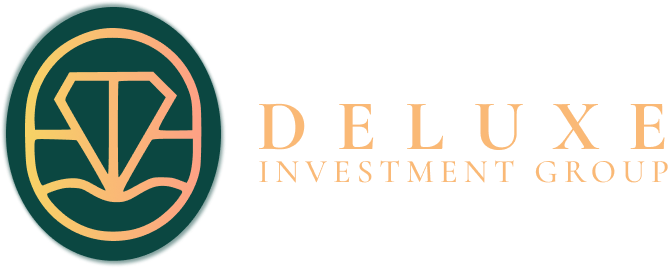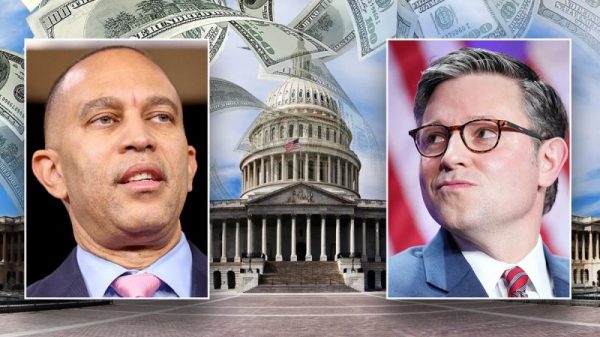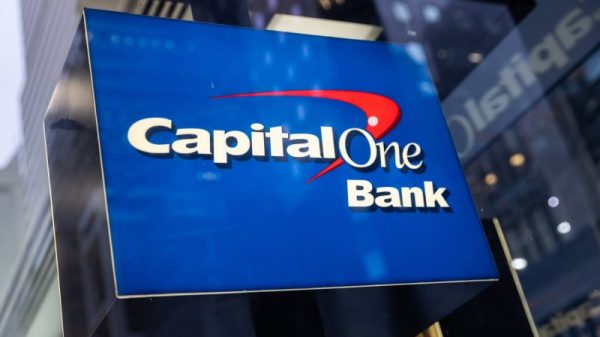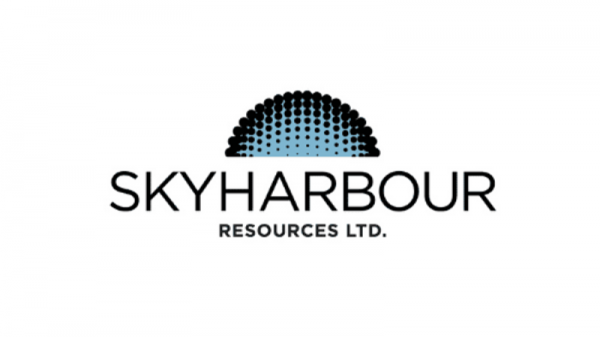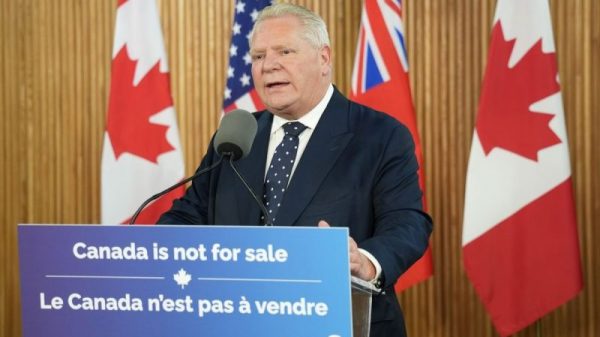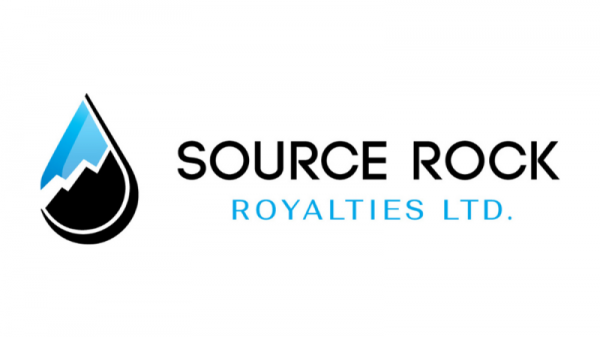What Is A Forex Broker – Get to Know Benefits and more
Have you ever considered what a Forex broker is all about as a profession? What secret is hidden in that famous profession that attracts interested traders and enables big profits? And ultimately, how do you choose a quality Forex broker from the many available?
First, engaging in Forex trading today is very challenging, given that it is a volatile and dynamic market that operates non-stop 5.5 days a week. Your expertise, knowledge and experience are insufficient to achieve significant success in trading.
According to the latest research, a lot depends on choosing a legitimate and reliable Forex broker. And, in this day and age, it’s another added challenge to find since the vast majority of unregulated brokers are scams that can damage you.
To avoid such risks, you must familiarize yourself with what a Forex brokerage company is and understand how to choose the right one for you in the Forex market. Let’s start with her definition, shall we?
What is a Forex trading broker exactly?
Forex broker represents a financial services firm that enables traders to get securely and swiftly to a trading platform to sell and buy foreign currencies such as EUR, USD, USD, GBP, CAD, Japanese Yen, etc.
Brokerage companies play a pivotal role in the financial ecosystem by providing access to the international currency market.
They offer trading platforms for different financial instruments. These instruments include global currencies, stocks, and ETFs. The platforms cater to both major economies and emerging markets.
It is important to understand what a Forex company is to avoid risks. Additionally, knowing how to choose the right one in the Forex market is crucial. A Forex broker is a legal entity with licenses and registrations to operate in the FX market.
What do these platforms incorporate?
These platforms incorporate cutting-edge technology to deliver real-time information, enabling Forex traders to make informed decisions.
The advent of mobile apps has further revolutionized forex trading, granting traders the convenience to engage with the FX market anytime, anywhere.
The Role and Dynamics of Forex Brokers
Traders harness these Forex trading platforms to predict and adapt to price movements across different financial markets, such as forex markets, stocks, and ETFs.
A standard trading operation commences with purchasing a currency pair and concludes by selling the same pair. This process involves trading currencies based on projected exchange rate shifts. To ensure a certain level of trading activity, forex brokers often establish account minimums.
The outcome of a trade hinges on the exchange rate at the trade’s closure – a higher exchange rate results in profit, while a lower one leads to a loss.
Notably, the forex market’s inherent volatility underscores the importance of sound risk management strategies to safeguard traders’ interests.
What is the broker’s role in the Forex market?
Those wondering what a broker is in Forex should also know its primary role in this dynamic market. First, it serves as an intermediary in the trading operations on the interbank FX market.
It facilitates interactions between the trader and the interbank currency facility. A broker not only grants access to the Forex market but also fulfils several key functions in this intricate ecosystem.
Legally, a Foreign exchange broker is an entity that possesses the necessary credentials, including licenses and registrations, to operate in the Forex market.
These licenses, issued per the country’s legislation where the company is registered, empower the broker to provide access to Forex resources to virtually anyone interested, encompassing both individuals and other legal entities.
What are its responsibilities and revenue sources?
A broker’s primary role involves giving clients access to the intrabank currency market through trading platforms or terminals.
That role enables leverage for trading on their accounts, maintaining transaction history, providing real-time quotes, and supplying informational and educational trading services.
The principal revenue for it comes from spreads – the difference between an asset’s Ask and Bid prices.
Changing commissions for executing trades
Some brokers also charge commissions for executing trades, although this is less common in the Foreign exchange market compared to stock markets.
Besides, brokers often offer educational content and other programs for free or a fee. For instance, trading signals or online customer support may come with a price.
Fx market terminals are usually free, but stock market terminals and certain software may have charges or require a paid subscription.
What is a good broker for Forex – is there such a thing?
As someone who doesn’t consider himself that much of a risk-taker, you probably want to know if there is such a thing as a “good broker”. Of course, the answer is that good brokers exist and can be distinguished from those not.
The signs of a good broker on the Forex market are easy to recognize today, and the main ones are:
Regulation by financial regulatory institutions such as the FRB, OCC, OTS, and many others.
24/5 available customer support if you need professional instant help during your trading.
Plenty of available currency pairs for trading, be it some major ones like the USD or a host of choices.
Relevant educational material can be found on broker websites, indicating that brokers invest in the knowledge and progress of their traders.
Positive reviews from its users across the internet are the best thing a brokerage company can get and brag about online.
Numerous other factors can indicate whether one Forex broker is a good or bad choice. However, these are unmistakable signs that you have settled on a legitimate and relevant choice that will only advance your career!
What to note when selecting a Forex Broker?
In choosing your preferred company, be it Interactive Brokers, Merrill Edge, Charles Schwab, or TD Ameritrade, verifying the legitimacy of their operating licenses and permits for the Foreign exchange market is paramount.
Assessing the broker’s industry tenure can also be informative, as those with a lengthy history often bring trustworthiness. Nonetheless, this doesn’t eliminate the potential of newcomers, who, despite intense competition, could still emerge as promising options.
Independent online reviews are valuable resources, offering a glimpse into other traders’ experiences with potential brokers.
Furthermore, it’s vital to comprehensively understand the terms of service, scrutinize spreads and commissions, and evaluate the breadth of trading instruments available.
Assessing Platforms, Services, and Transaction Methods
The terms among these companies can vary greatly; for example, some may provide fixed spreads irrespective of prevailing market conditions, leaving the trader to determine whether this suits their trading approach.
A crucial aspect to consider is the diversity and nature of the available trading platforms. Platforms like MetaTrader 4 have been popular in Forex trading for a while. However, modern brokers, acknowledging the need for mobility, also offer mobile platforms.
How to choose a trading platform the best?
By comprehending their features and functionalities, you can choose the platform best suited to your trading style. Be aware of the broker’s additional services, such as individualized training, daily analytics, and trading signals.
Lastly, acquaint yourself with the deposit and withdrawal processes, including the array of payment methods, transaction speed, and any existing limits, as these elements could significantly influence your decision to partner with a specific Forex company.
How Forex Brokers Capitalize on Your Transactions?
Forex brokers earn from each transaction by capturing a portion of your trades. This income comes from the difference or spreads, measured in pips, between two currencies in a pair.
Suppose the market displays a buying price of 1.3100 EUR/USD. Once you initiate your trade, the broker might execute it at 1.3102. If you decide to close your trade immediately, the broker obtains the profit from the difference between the paid price and the “market price.”
Why would it opt for such a small gain? Most traders overlook these minor differences while trading, thus making the fee appear “transparent.”
What is the primary way in which a broker earns?
A forex brokerage primarily earns by offering you leverage in the forex market. With leverage, you can control a higher market value than what’s present in your account.
For instance, at a leverage of 100:1, you can influence $1,000 on the market with only $10 in your account. This amplifies your potential for profits (or losses) and increases the value of each pip, making the spread you pay more valuable.
Forex Broker Selection: Essential Considerations
Regardless of your trading outcomes, the forex broker consistently profits from the difference between what you pay and the actual “market price.” The core function of a forex brokerage is to facilitate your access to the forex market while profiting along the way.
Many such entities may even offer you insights into trading currencies. With countless forex brokerages – both large and small – operating similarly, the challenge lies in finding the best brokerage accounts.
How to begin your search for a reliable Forex broker?
When looking for a reliable forex broker, especially one that supports transactions involving buying and selling currencies, your journey can start with a well-researched list of forex brokers.
Taking the time to open demo accounts with each potential broker is a prudent move.
It allows you to explore their platform and services and decide if they align with your trading style and objectives.
The importance of a reliable forex broker becomes increasingly evident if you aim for long-term engagement in forex trading. For those new to the realm of forex trading, it’s recommended first to gain a solid understanding of the trading basics.
Although forex trading may appear overwhelming at first glance, with persistence and patience, it can be mastered by anyone.
What are the main benefits of dealing with a legitimate broker?
Here are the top benefits when dealing with a relevant and legitimate brokerage company:
Regulatory Compliance
Legitimate forex brokers follow all licensing and trading regulations. Using such a broker reduces the risk of getting involved in shady circumstances, protecting your money and ensuring a safer trading experience.
Demo Account Availability
Good forex brokers offer a demo or trial period, allowing you to test the platform and ensure it meets your needs. This typically includes access to a demo account with fake money, minimizing risk while you familiarize yourself with the platform.
Account Choice
Reputable forex brokers allow you to choose the type of account best suited for your trading needs. This can include various options, such as an ECN forex broker account, which acts as a bridge between forex traders and the execution of trading requests and orders.
Reliable Customer Service
A legitimate forex broker offers top-notch customer service. This includes 24-hour availability due to the non-stop nature of forex trading. Also, immediate access to live customer service representatives is essential for resolving issues promptly and effectively.
Easy Deposits and Withdrawals
The ease of conducting financial transactions is a crucial benefit of using a legitimate forex broker. This ensures that your funds are accessible at any time, free from unnecessary hurdles or complications, facilitating a smoother trading experience.
How to confirm a broker’s credibility?
Brokers vary in terms, with some offering fixed spreads regardless of market fluctuations. Forex brokers act as go-betweens in your dealings with currency-trading banks, adhering to particular rules and procedures.
Forex trading is now more accessible through mobile apps, and licensed brokers can offer Forex resources to individuals and corporations according to local laws.
Good online reviews can be a broker’s greatest asset. However, be cautious, as some brokers can still be unreliable. Use resources like the National Futures Association to check a broker’s credibility.
Always verify that a broker is regulated by a U.S. authority before collaborating.
Mobile apps have made forex trading easier, allowing traders to access the FX market from anywhere at any time.
Bottom Line
Forex trading can be profitable, yet navigating this dynamic marketplace requires a dependable broker. This intermediary bridges you with currency trading, managing your transactions effectively.
The evolution towards mobile apps has broadened trading access, making it vital to choose a regulated broker offering excellent customer service, seamless financial transactions, and strong online reviews.
Remember, Forex trading success depends on your strategies and your chosen broker’s legitimacy and efficiency. Good luck choosing a legitimate and reliable Forex brokerage company!
FAQ
What is a Forex broker?
A Forex broker is a licensed firm providing traders with access to a platform for buying and selling foreign currencies in the international currency market.
What are the roles and responsibilities of a Forex broker?
Forex brokers provide access to the currency market, maintain transaction history, provide real-time quotes, offer leverage for trading, and deliver educational trading services.
How do Forex brokers earn?
Brokers primarily earn from spreads (difference between Ask and Bid prices) and sometimes commissions for executing trades. They may also charge for additional services.
How do I identify a good Forex broker?
Good brokers are regulated, offer customer support, provide a variety of trading options, have educational resources, and receive positive online reviews.
What should I consider when selecting a Forex Broker?
Consider their operating licenses, industry tenure, online reviews, terms of service, spreads and commissions, range of trading instruments, and the suitability of their platform for your trading style.
The post What Is A Forex Broker – Get to Know Benefits and more appeared first on FinanceBrokerage.
